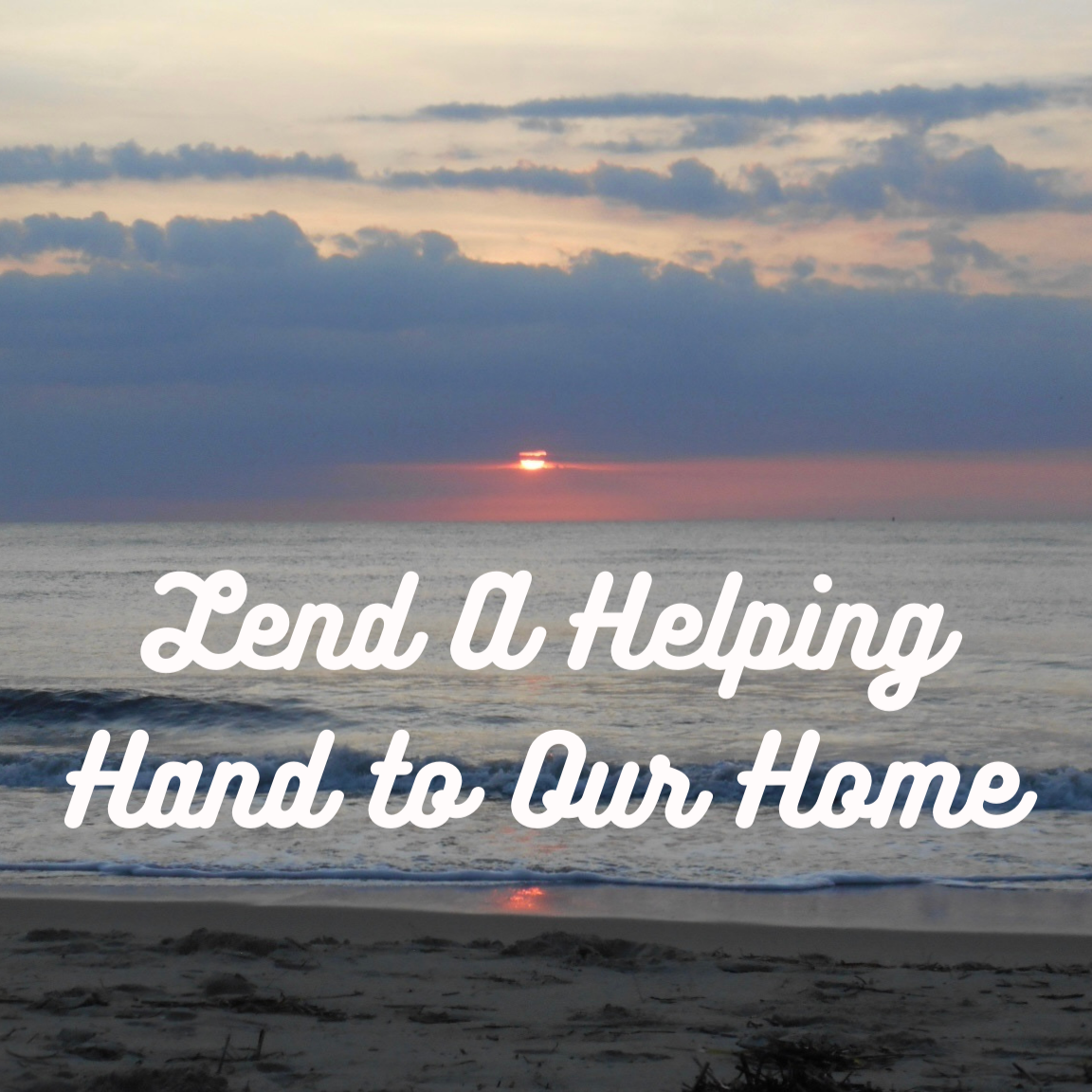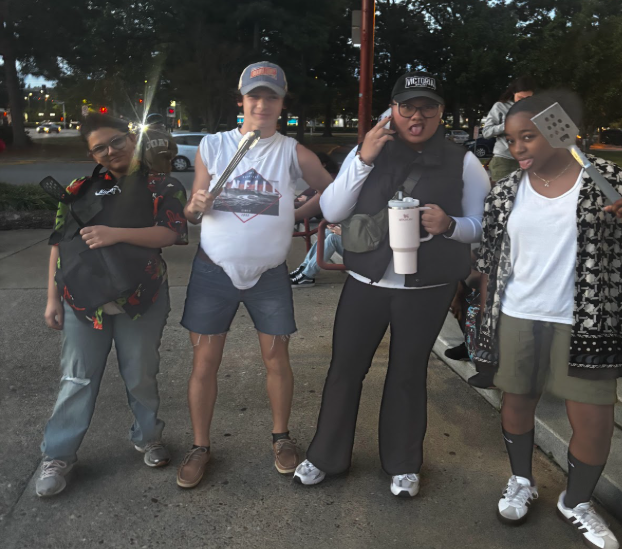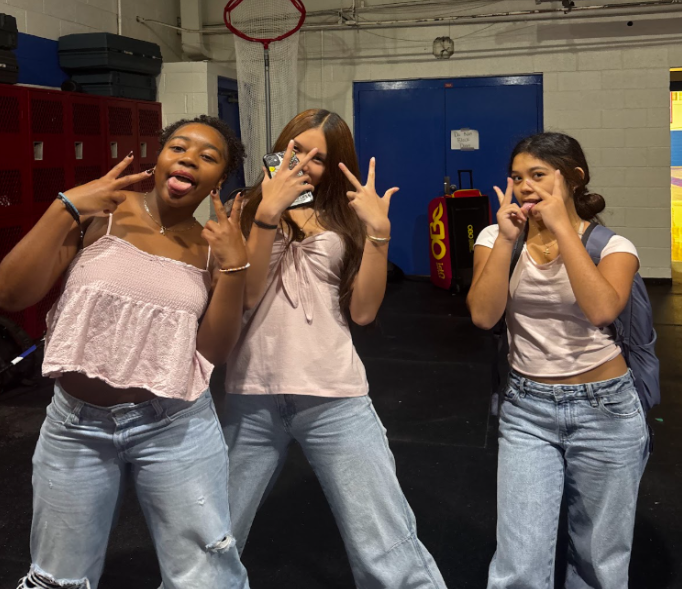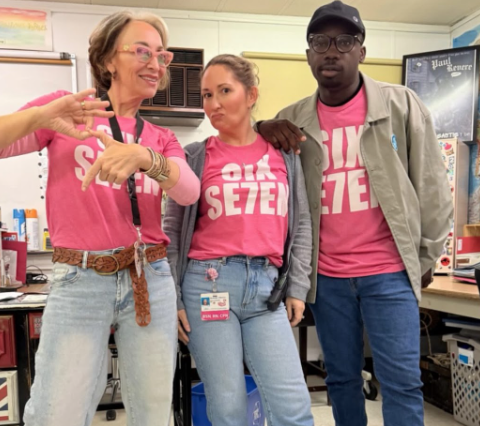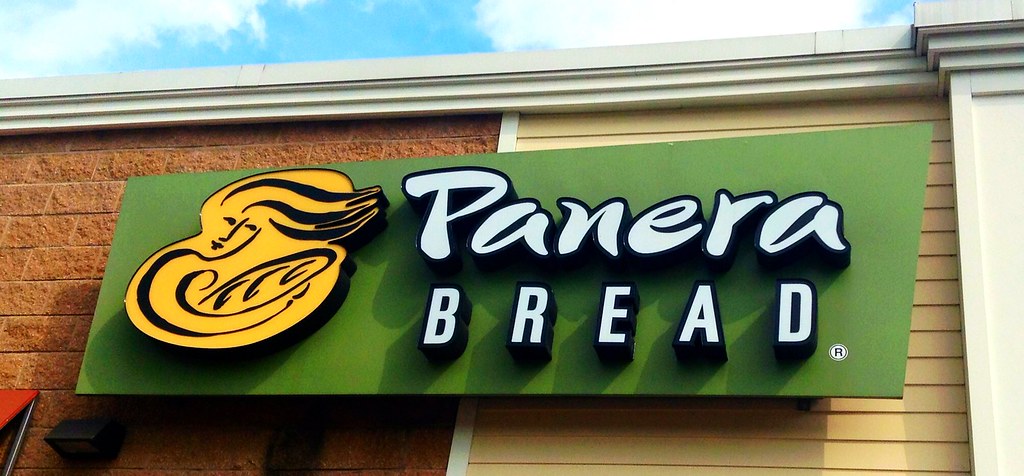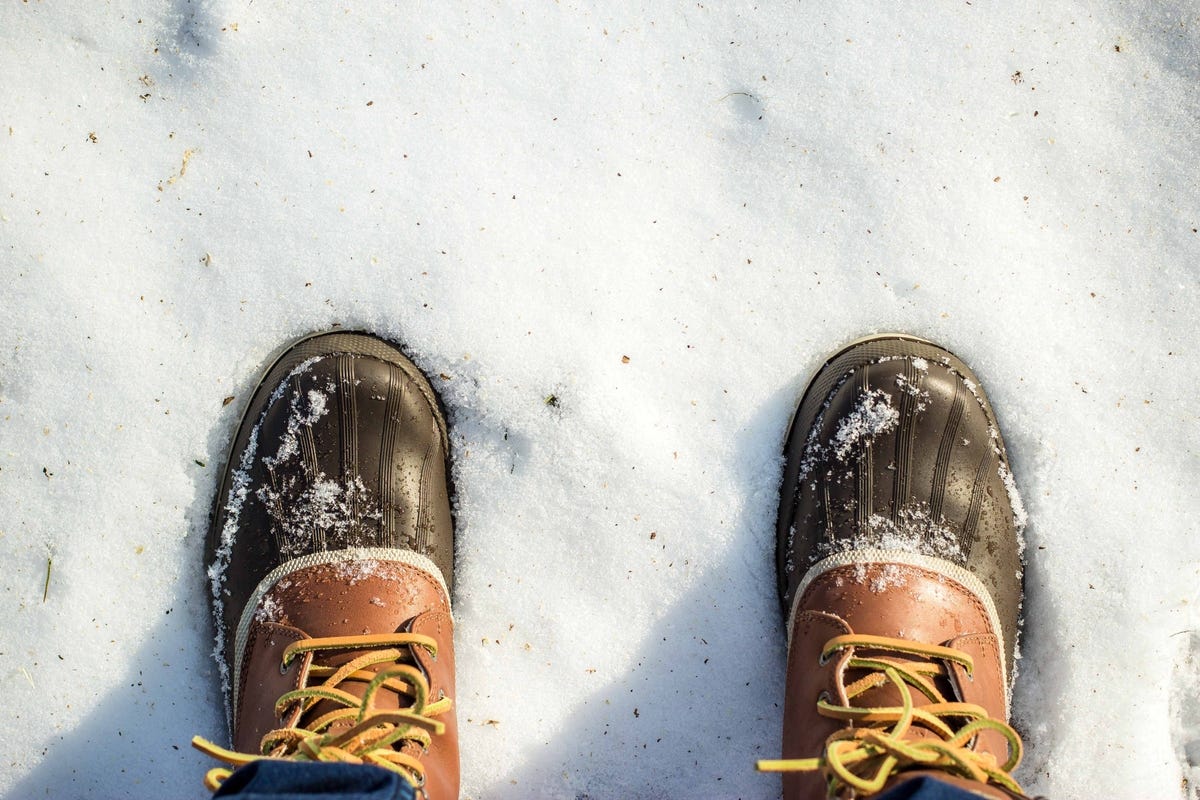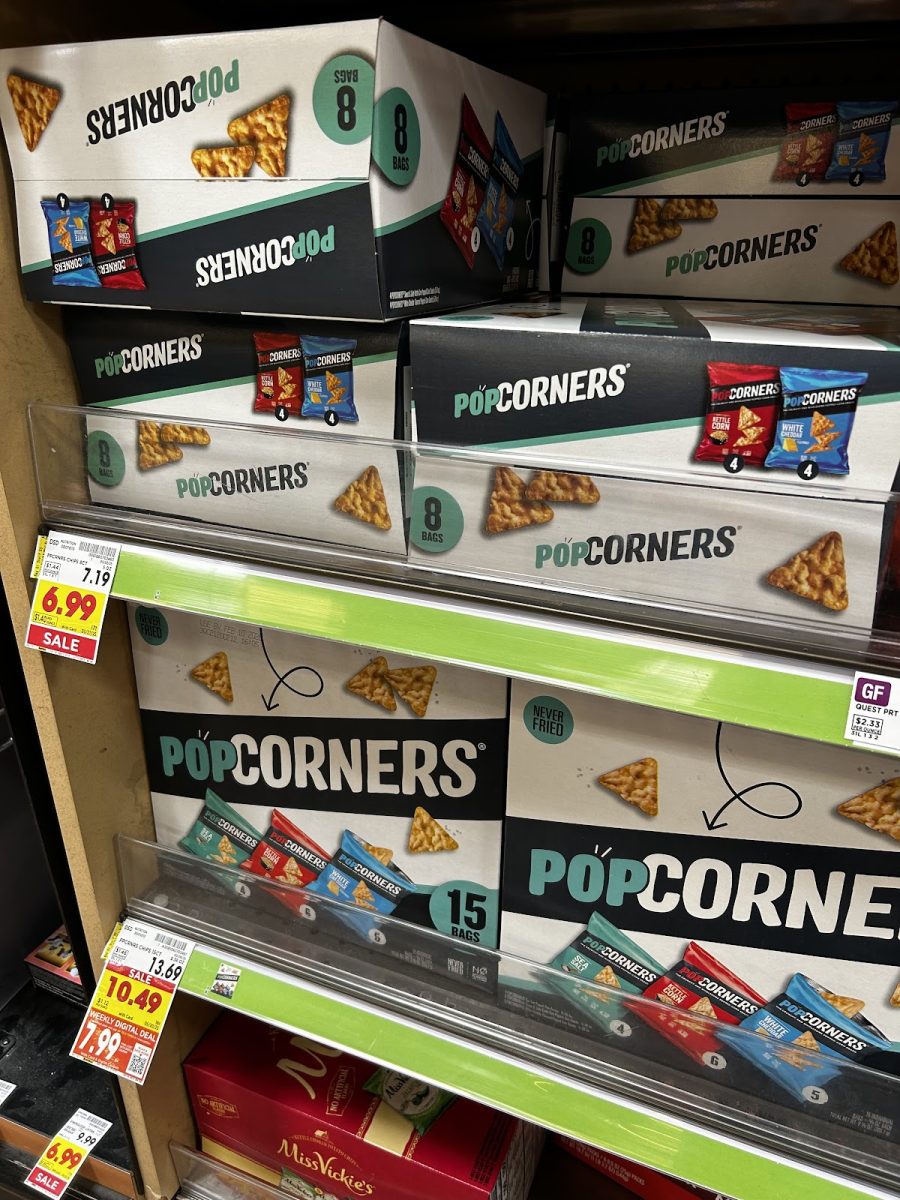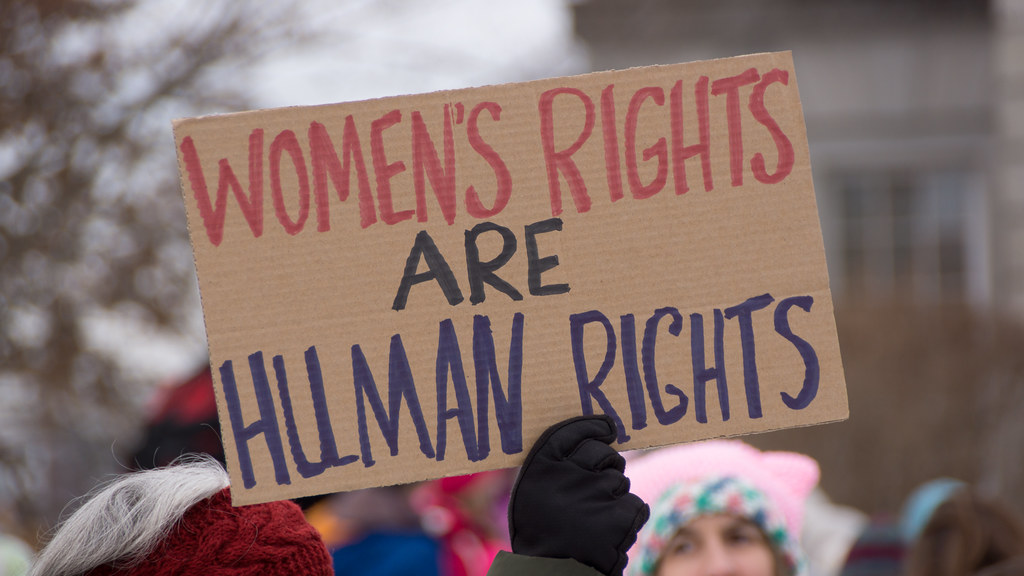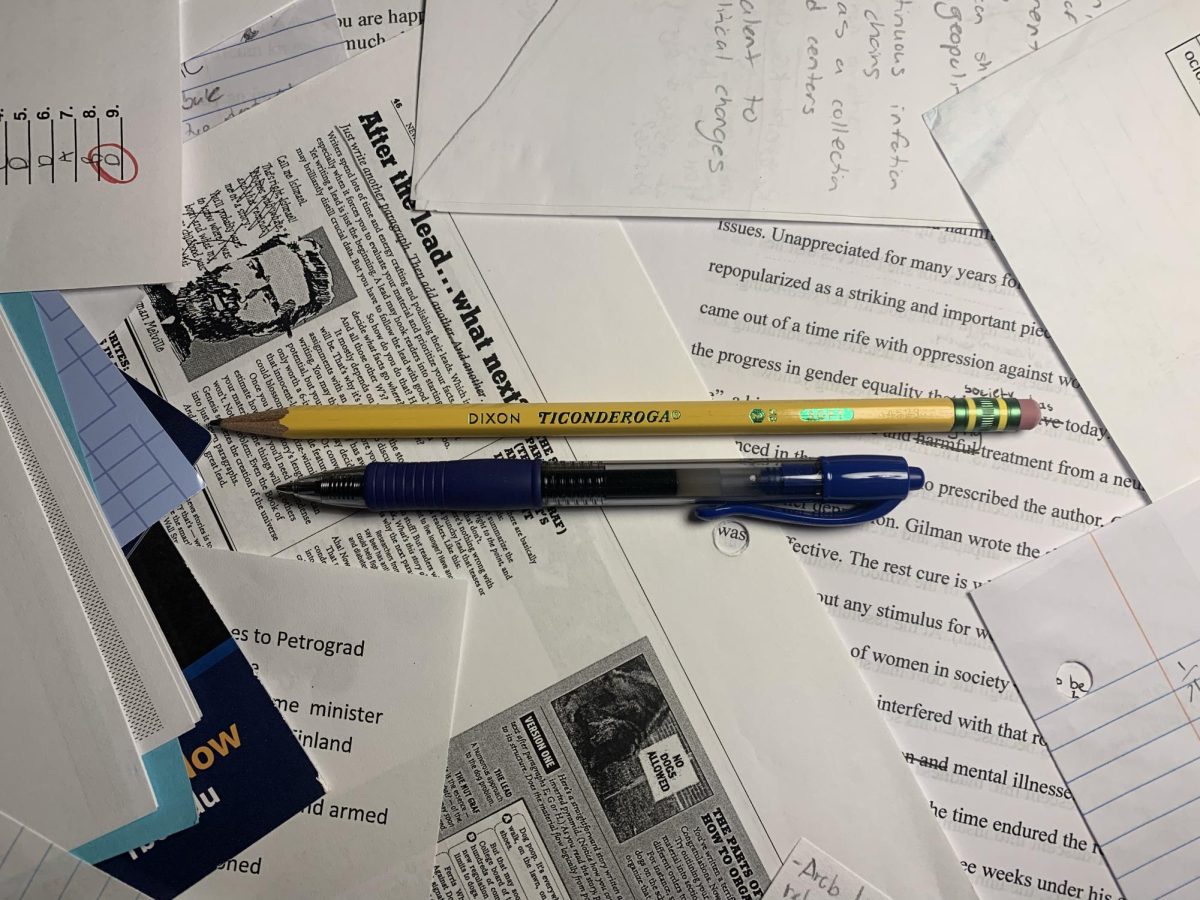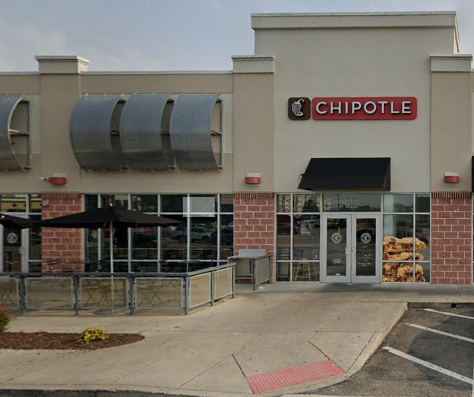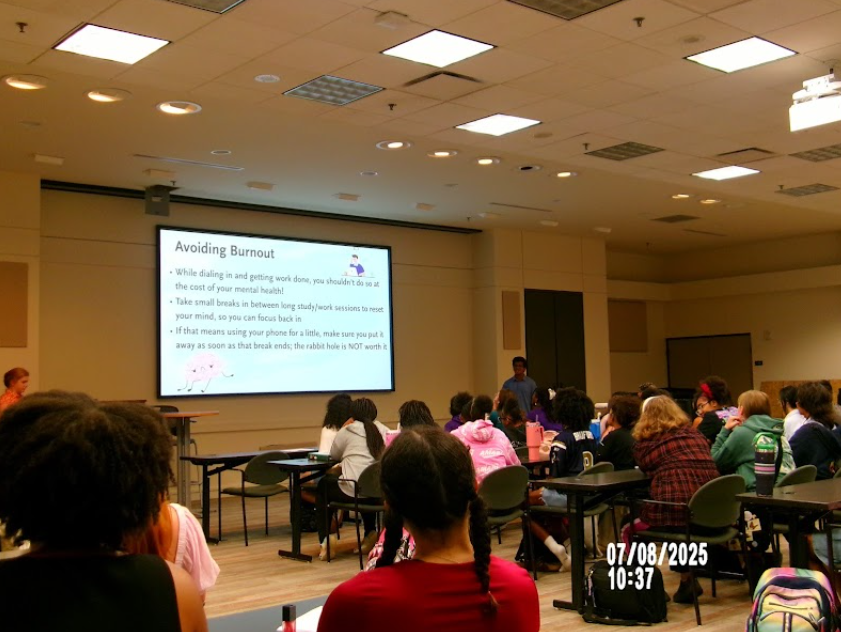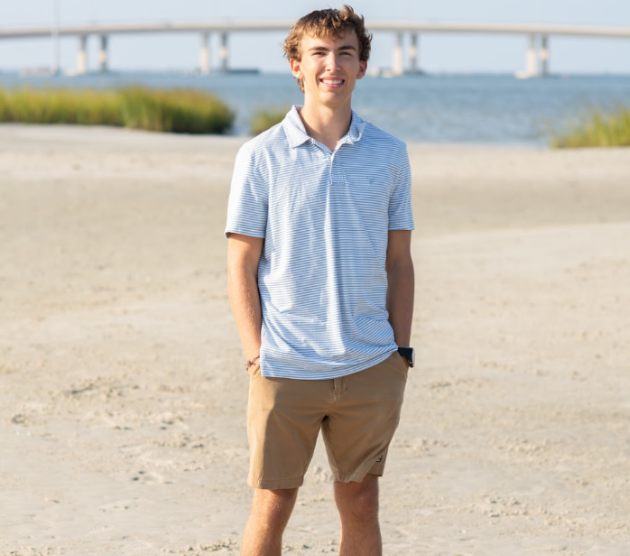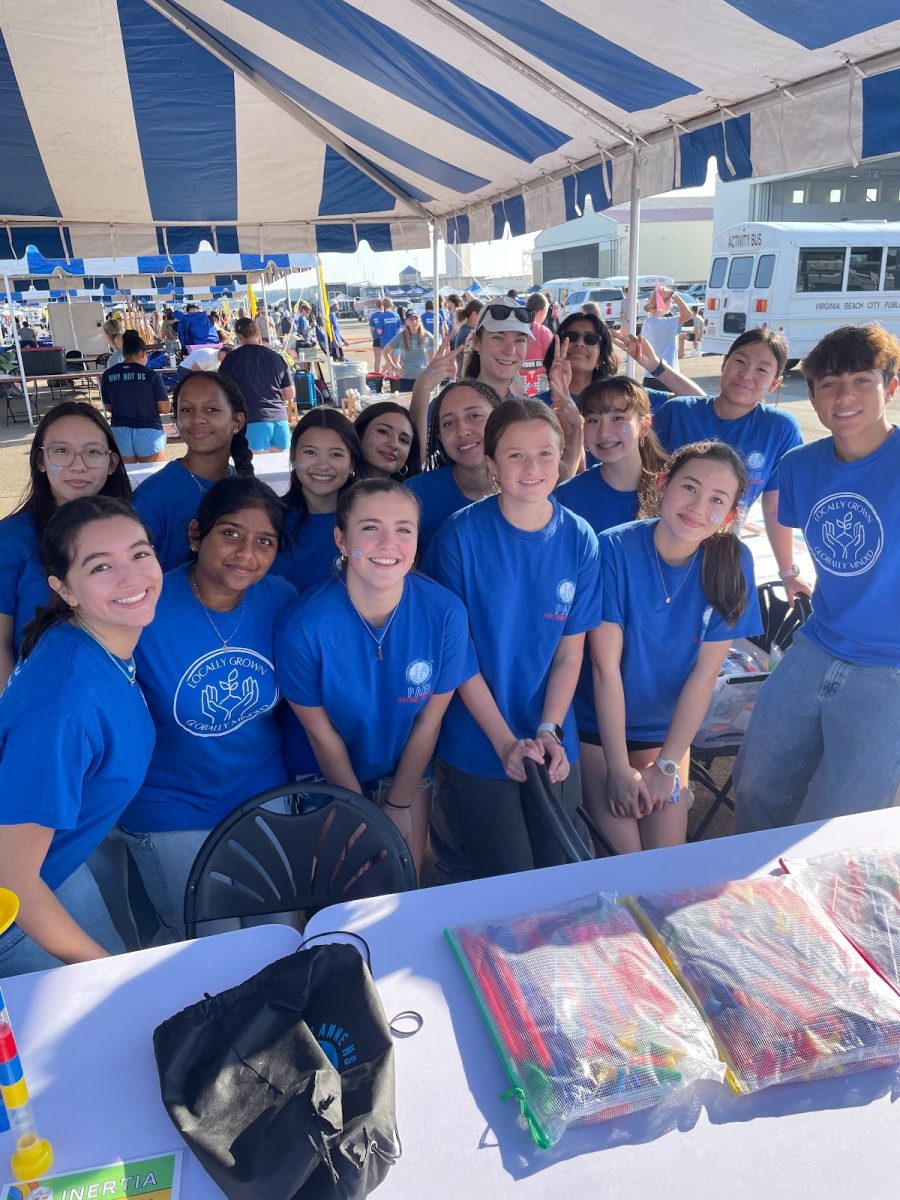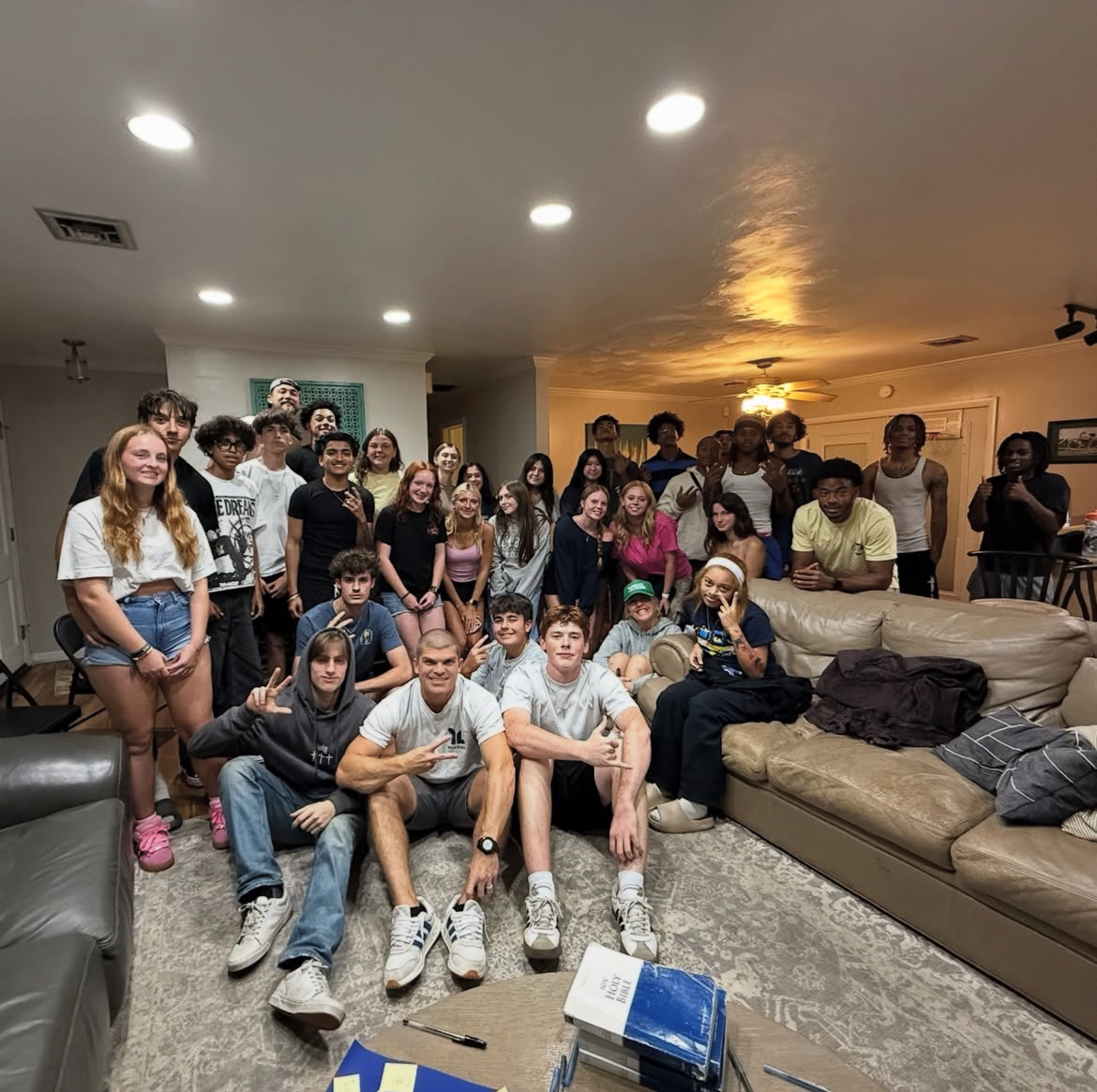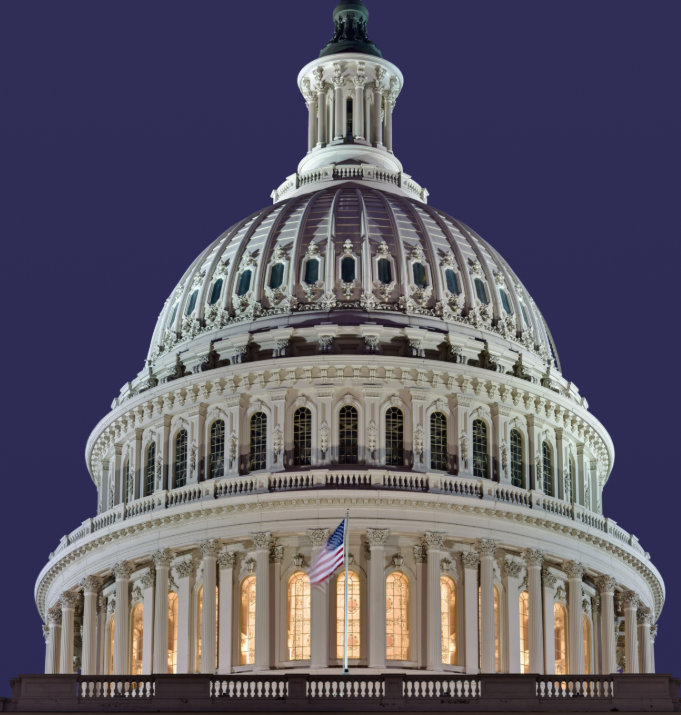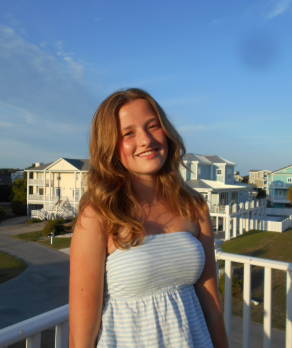Welcome back! It is a new year of school, which means that there is a new slew of environmental issues for us to discuss. This week, we will be talking about over fishing in the Chesapeake Bay, and what Virginia Beach residents are willing to do about it.
A few weeks ago, a story hit the news about the Chesapeake Bay, and the recent problems it has been facing with over fishing, specifically with the over fishing of Atlantic menhaden. Menhaden are small fish, and are, according to the Chesapeake Bay Foundation, “important food for larger fish, osprey, and whales.” This means that over fishing of menhaden has potential ramifications for the entire ecosystem of the Chesapeake Bay, making this an issue local governments should be focusing on.
Most of the over fishing of menhaden in the Chesapeake Bay is the result of a reduction fishery set up by Omega Protein, a company that provides ingredients for both human and animal food. The actual fishery is operated by their partners, Ocean Harvesters. Omega Protein has been a subsidiary of the Canadian corporation Cooke Inc., since, according to their website, they were acquired by the company in 2017. Since that acquisition, Omega Protein has moved their headquarters from Houston, Texas, to Reedville, Virginia, and now harvest over 100 million pounds of menhaden each year from the Chesapeake Bay.
A reduction fishery is a fishery that uses spotter planes, vacuum hoses, and nets to catch menhaden to “produce fish meal or fish oil,” according to MSC International. Virginia is the only state on the East Coast that allows reduction fisheries, and the one operated in the Chesapeake Bay by Omega Protein and Ocean Harvesters is the only one left on the East Coast.
This means that reduction fishing is concentrated in the Chesapeake Bay. And, although Omega Protein received the MSC Sustainability Certification in 2019, there is evidence to suggest that this does not necessarily mean that their fisheries are sustainable. According to NPR, “the MSC system has been certifying some fisheries despite evidence that the target fish are in trouble.” Or, as in the case of the Chesapeake Bay when, “there is not enough evidence to know how they are affecting the environment.”
To sum it up, the impacts of the reduction fishery are not exactly known. While Ocean Harvesters have been operating in Virginia for over 100 years, not much research has been done on the impact their fishing operations have on the populations of different fish in the Chesapeake Bay. Impacts, however, are starting to show.
Osprey chicks, as an example, have been starving at rates that are unprecedented in the Chesapeake Bay. They usually depend upon menhaden as a source of food. Smaller fishermen, in both Virginia and Maryland, have been reporting smaller catches of menhaden than usual as well. So, while we cannot exactly determine that these things are resulting from the reduction fishery, it is relatively easy to see a correlation.
All of this may sound a little overwhelming. Against a big corporation, what can the residents of Virginia Beach do to protect the fragile ecosystem that is the Chesapeake Bay? Turns out, they are willing to do a lot.
In a recent poll sent out to residents of Virginia Beach, 92% of Virginia voters responded that they wanted to leave more menhaden in the Chesapeake Bay. The poll, which was conducted by two research firms, asked Virginia Beach residents about a number of policies that would restrict the ability of commercial fisheries to fish in the Chesapeake Bay. Respondents overwhelmingly backed every single policy, despite factors like party affiliation.
Because Virginia Beach residents were willing to do something about the issue, people are talking about it. This just shows that when we band together, we are able to make real change. This issue is very local, so it is something that Virginia Beach residents should get a say in. If you feel passionate about this issue, I would encourage you to sign petitions, call your representatives, or even just tell your friends about it. Together, we are capable of protecting the menhaden, the Chesapeake Bay, and our Earth.



